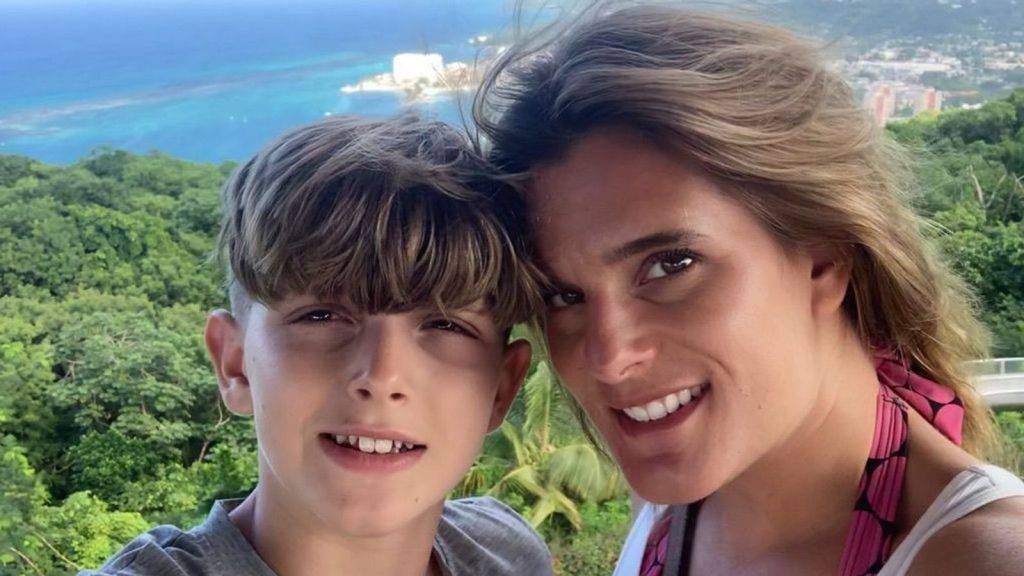Cliff Notes – New internet rules enforced from today
- Ellen Roone, who lost her son Jools to suicide after exposure to harmful online content, advocates for stronger online safety measures for children.
- New regulations by Ofcom mandate age verification for pornographic content and adjustments to social media algorithms, but many parents feel they fall short.
- Young people express doubts about the effectiveness of these rules, citing a belief that peers will circumvent age restrictions.
New internet rules enforced from today – but this grieving mother is sceptical they will work
“People always think: ‘Oh, that’s not going to happen to me, it’s not going to happen to my child,'” says Ellen Roone.
She’s sitting in her peaceful garden in Cheltenham, bumblebees trundling around in the bushes behind her.
“I didn’t expect it to be my child.”
Jools, Ellen’s son, was 14 years old when he took his life in 2022. It’s thought he had been watching harmful content online when he died.
Ellen was the one who found him.
Jools was funny, into martial arts – in fact, he was a black belt in kung fu at just 10 years old – and he was popular.
This weekend, his school friends are all heading to Ellen’s house to help her mark what should be his 18th.
They come every year to celebrate his birthday, and there are signs of how loved he is all over the house – pictures, a small wooden dinghy painted red in the garden, his name written down the side in curly script.
When Jools passed away, Ellen became part of a small but growing group of parents in the UK whose children have died after seeing harmful content on the internet.
Today, Ofcom, the communications regulator, begins enforcing new rules to protect the UK’s children online.
The new rules mean “highly effective” age verification systems must be in place on pornographic content, and social media algorithms must be altered to stop harmful content popping up on young people’s feeds.
But Ellen, and many of the bereaved parents she campaigns with, aren’t satisfied – for them, the rules don’t go far enough.
“At the moment, you’ve got massive gaps still where it’s not safe,” she says.
“Online platforms are having to do age verification. Is that going to work? Children are quite clever. They find loopholes of how to get around these things.”


